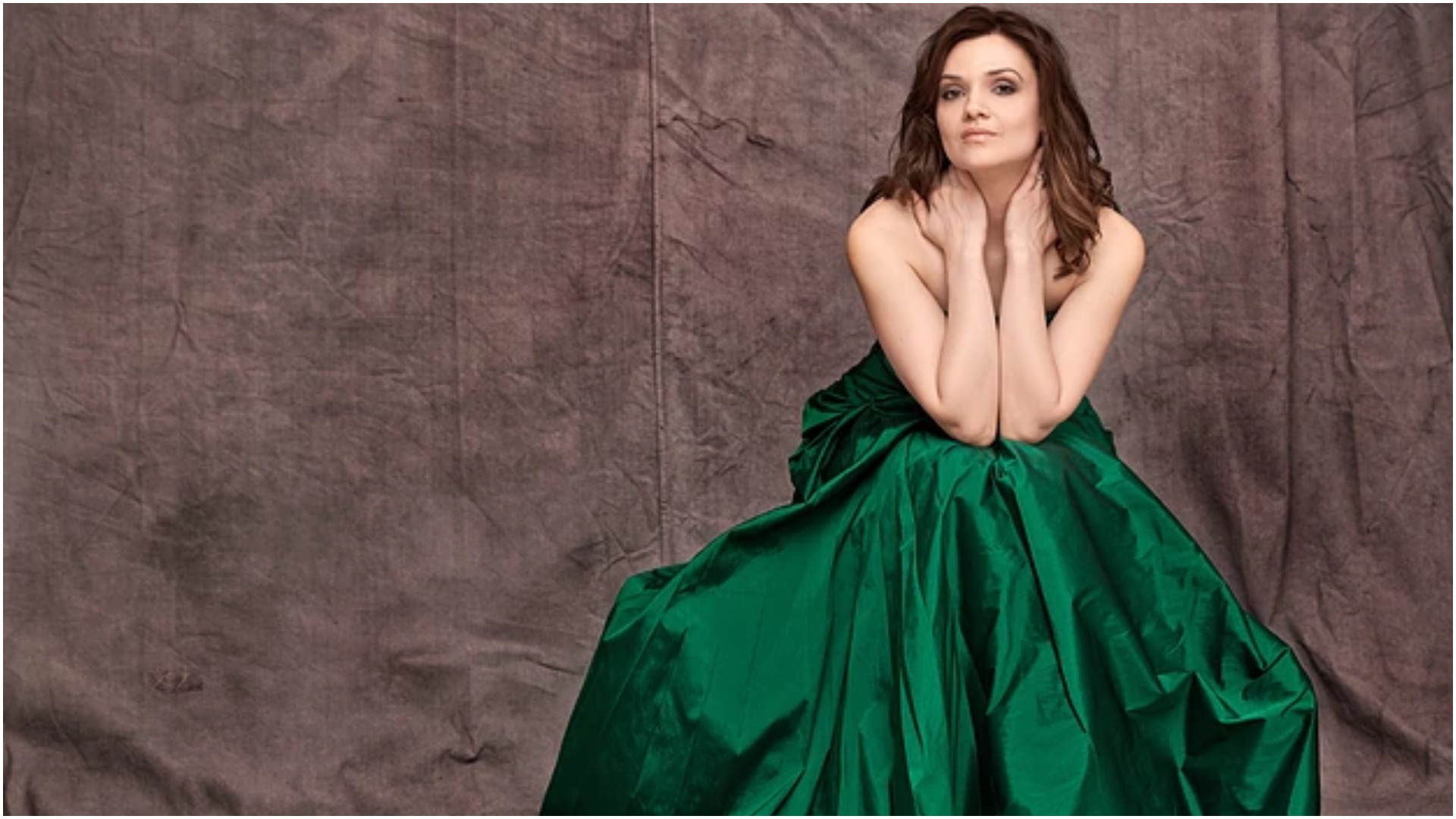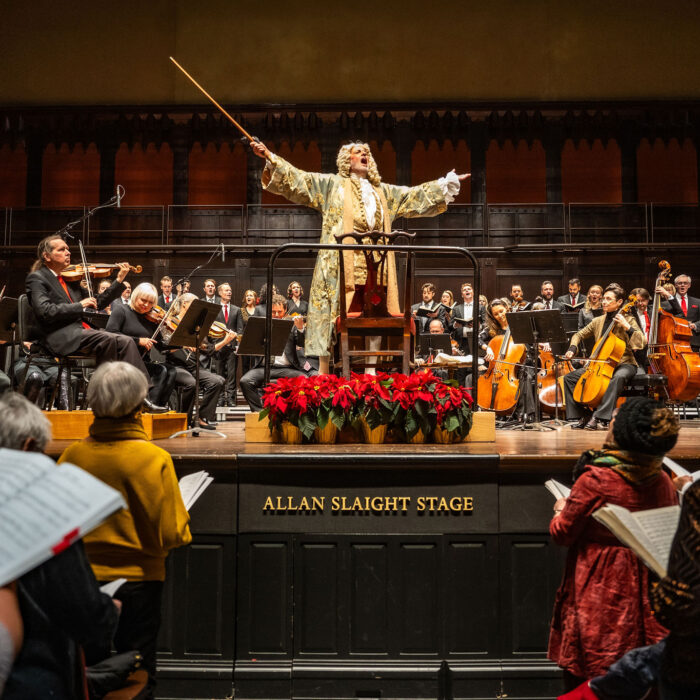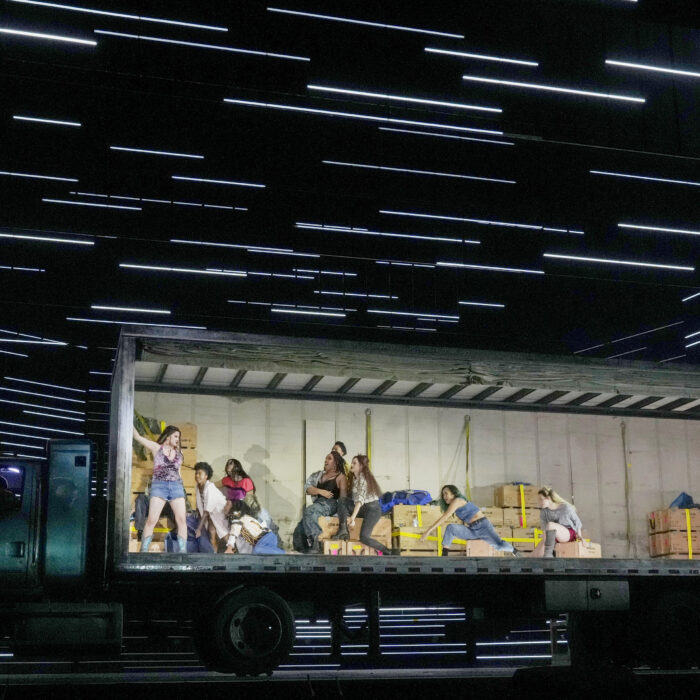
Chicago Opera Theater to Present Workshop of ‘Trusted’
By Francisco SalazarThe Chicago Opera Theater (COT) has announced a new opportunity for audiences to get a unique look inside the creative process this fall with a public piano/vocal workshop of “Trusted,” a new opera in development by composer Aaron Israel Levin and librettist Marella Martin Koch.
The workshop, part of COT’s acclaimed Vanguard Initiative, will culminate in a public concert reading of the first draft of the opera.
Following the performances, audiences will be able to participate in a Critical Response Process (CRP), a structured dialogue that invites questions, reflections, and feedback designed to help the writers refine and further develop their work.
The Vanguard Initiative was founded in 2018 and is a two-year residency for composers ready to enter the world of opera. Participants are immersed in every aspect of the art form, from repertoire study and vocal writing to administration and production, culminating in a commissioned full-length opera.
“Trusted” is the seventh new opera commissioned under the auspices of the program and will receive its concert world premiere by COT on May 30, 2026.
In a statement, COT’s Edlis Neeson General Director Lawrence Edelson said, “A key part of that process is workshopping—something most companies keep behind closed doors,’ “From the earliest libretto drafts to piano-vocal scores and finally the full orchestral score, hearing a work come to life off the page at every stage of development is both exhilarating and invaluable for the writers. Understandably, there is often a desire to keep this process private: the operas are still evolving, the artists are still experimenting, and early exposure can invite snap judgments that risk undermining a piece before it has the chance to reach its full potential. But keeping workshops closed off from the public creates its own problems. It limits the writers’ access to the very feedback and dialogue that can help them clarify their intentions. It reinforces the myth that operas emerge fully formed, when in reality they are the product of years of exploration, revision, and collaboration. And it deprives audiences of the chance to connect more deeply with the art form by witnessing how an opera grows and transforms. By carefully structuring how we bring the public into the process, we can preserve a safe space for artists while also enriching the work itself and the community around it.”
Categories
News

